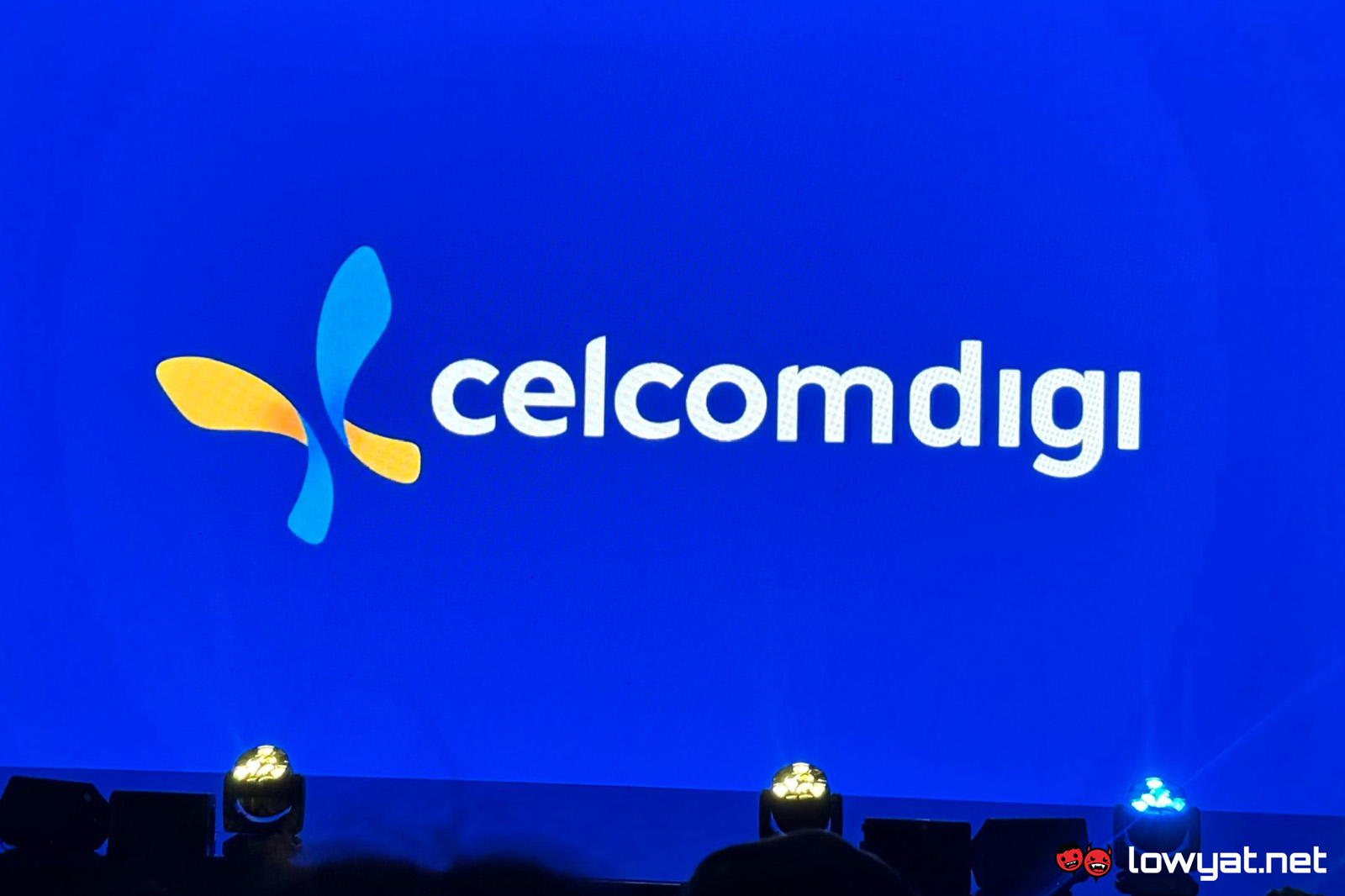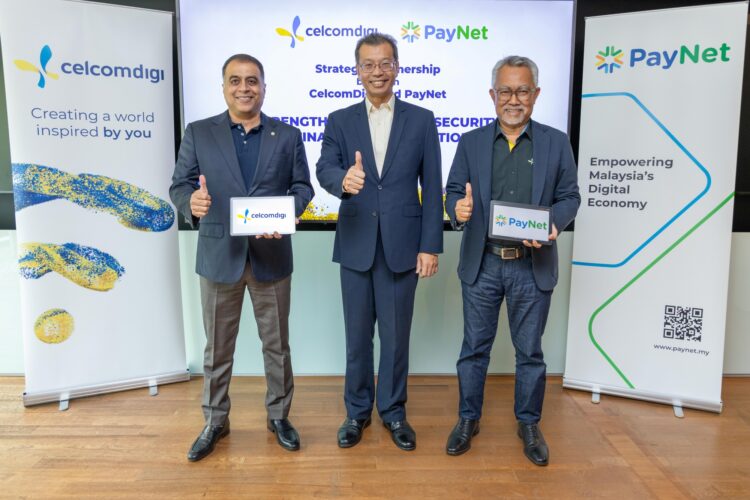CelcomDigi and PayNet have formed a partnership to enhance digital security for Malaysians by integrating its Open Gateway API with the latter’s financial services. This collaboration focuses on strengthening protections against online scams and fraud while improving the security of digital transactions.
For those who are unfamiliar, CelcomDigi’s Open Gateway is part of an existing initiative with the Global System for Mobile Communications Association (GSMA), which establishes a framework of standardised network APIs to provide enterprise developers and global cloud companies with universal access to operator networks. By adopting these common APIs, the telco enables developers to integrate and co-create services seamlessly, enhancing digital offerings such as fraud detection, geolocation, carrier billing and metaverse solutions.

A notable aspect of CelcomDigi’s collaboration with Paynet is the use of SIM-based authentication for DuitNow transactions. By leveraging the telco’s Open Gateway API, the system verifies that mobile numbers linked to DuitNow accounts are active and belong to the registered users. This method offers a more secure alternative to traditional OTP-based authentication, reducing the risk of fraud.
CelcomDigi adds that the partnership also extends to financial institutions and the National Scam Response Centre (NSRC) through the National Fraud Portal (NFP). By integrating fraud intelligence sharing, the telco can take swift action to identify, block, and blacklist scam-linked phone numbers, preventing fraudsters from reusing flagged numbers for new accounts. With PayNet processing over 13 million digital transactions daily, these security measures aim to enhance trust in Malaysia’s digital payment ecosystem.

Aligning with the Open GSMA Initiative, the collaboration reinforces the need for stronger security measures, particularly as AI-driven scams become more sophisticated. Both CelcomDigi and PayNet remain committed to expanding these security efforts, working closely with financial institutions to protect Malaysians from emerging digital threats.
(Source: CelcomDigi press release)


